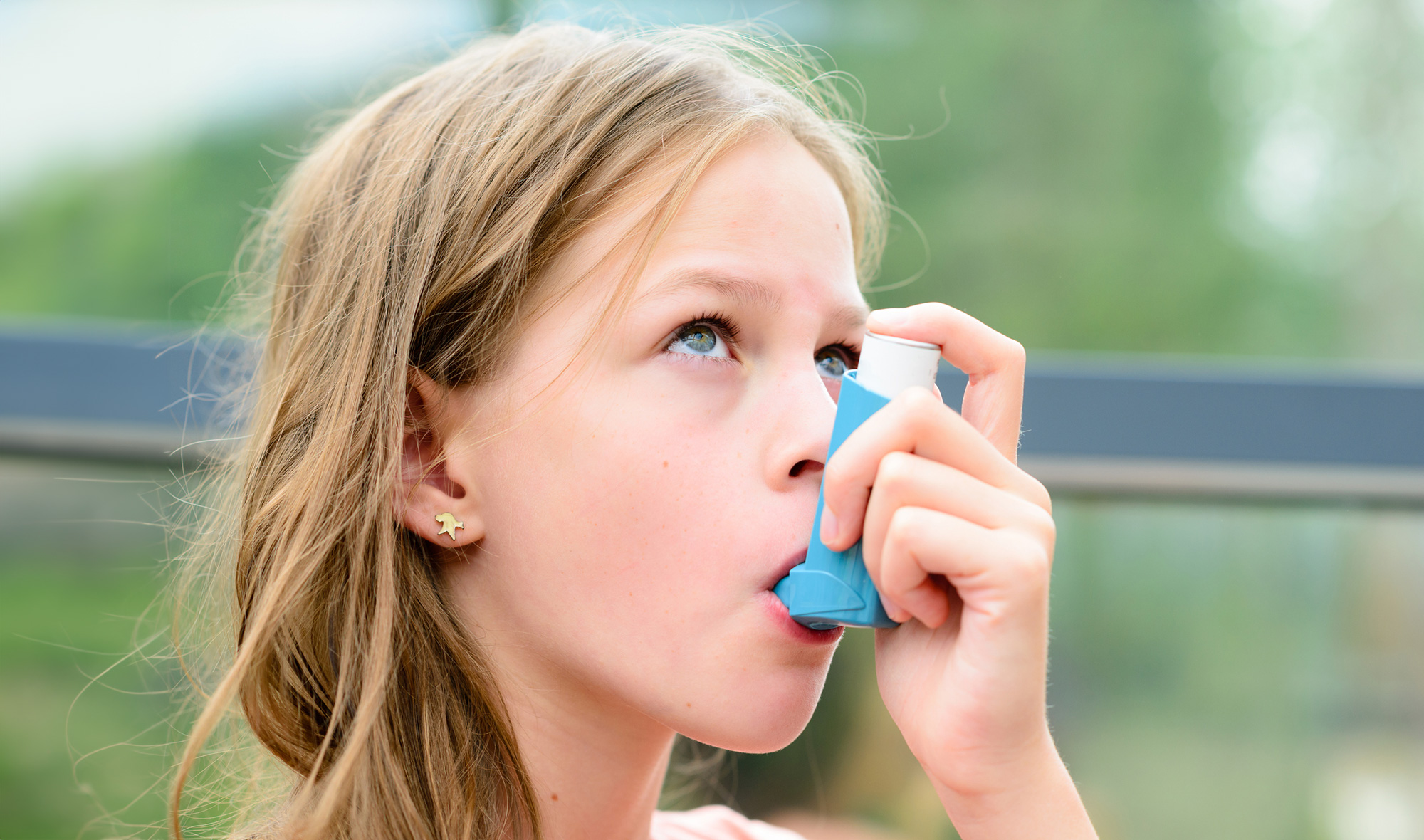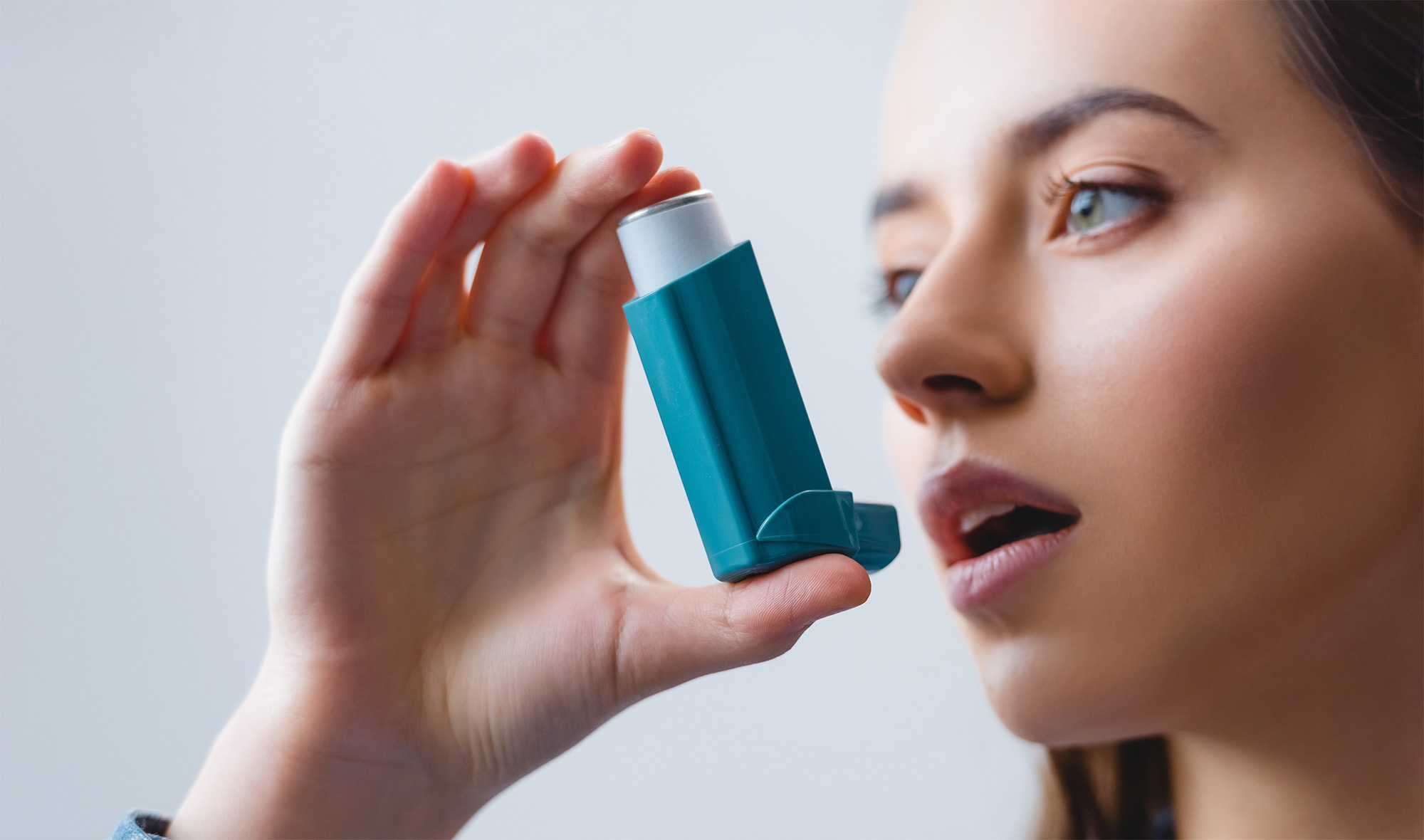Managing asthma in children can be challenging, but with the right strategies and support, parents can help their kids breathe easier and lead active, healthy lives. Read on for our tips on how to best manage your child’s asthma, even when they’re not with you.
Did you know that there is such a thing as “back-to-school” asthma? After the summer school holidays, GPs and hospitals often see a rise in asthma attacks (flare-ups). This is thought to be due to mixing with other kids again and the sharing of viruses, as well as stopping or decreasing preventer medication over the summer because of being out of routine or having little to no symptoms. Some kids and their families are able to manage the condition well at home, but things can get tricky when at school or away from home.
Keeping on top of asthma anywhere
Asthma needs proper care and management at all times. Talk to your child about their condition, and explain as much as is understandable for their age. They need to know when and how to use their inhaler. Proper management includes:
- having an Asthma Action Plan
- taking prescribed medicines regularly
- knowing triggers (keep a symptom diary and record possible triggers)
- keeping up-to-date with vaccinations
- knowing the signs of an asthma attack
- knowing how to treat an asthma attack.
The school/ECE must have information on the following:
- An Asthma Action Plan – clearly explaining your child’s symptoms, and what to do when the child is unwell or in an emergency. Let school know the severity of your child’s asthma and if there are any changes in your child’s condition. Get your child to tell a teacher if unwell.
- Emergency contact details of parent/carers.
- Your child’s triggers – identify the ones present in the school or classroom and eliminate where possible (colds/flu viruses, dust mites, mould, classroom animals or animal dander on clothes from home pets, food, stress/anxiety, sprays and aerosols, pollen, cleaning products, pests, physical activity, perfume, cologne, plug-in air fresheners, car exhaust, cold, dry air or weather changes).
- Medicines – need to be readily accessible, and checked that they are not empty or expired. School staff need to know what medicines are needed and how to give them.
- Treatment if needed for trips away from school.
- If there are issues with physical activities or play time – exercise can be a trigger for asthma. Activities that are stop/start with recovery time such as soccer or netball are easier for kids with asthma. If there is too much pollen or smoke outside they may need to exercise indoors. The child may need a dose of reliever before exercise.
School staff need to recognise the signs of an asthma attack:
- wheezing, rasping or whistling sound from the lungs when breathing
- shortness of breath or rapid breath – can be associated with physical activity
- chest feeling tight or painful
- fatigue – the child may stop playing or avoid physical activity
- coughing that is continual or happening often
- may have less obvious symptoms like the child complaining they are “feeling funny”.
Away from home
Even if asthma is well-controlled, always carry-on taking medicines as prescribed. This is especially important when travelling or away from home as you may experience different triggers when out of your usual environment.
Tips for travel
- When packing – keep medicines handy (not in car boot if driving or checked-in luggage if flying). That way medicines can be accessed easily during travel or if bags are lost or delayed.
- When travelling take medicines at the usual time, but when you arrive in another time zone, take your medicines at the local time.
- Take more medicines than you think you need.
- Remember other equipment such as spacers, nebulisers, and adaptors/converters if going overseas.
- Have a supply of masks, hand sanitiser to keep away germs that can trigger attacks.
- For car travel, if pollen count is high or there is smoke or pollution, keep the windows closed and the air conditioner on.
- Dry aeroplane air can be a trigger – drink lots, wear a mask and turn on the air vent over seat.
- Staying with friends/family – to avoid asthma triggers get them to dust and vacuum, especially where the child is to sleep. If they have animals and dander is a trigger, you will need to stay elsewhere.
- In hotels ask for an allergy-free room, and one that has never had pets or smokers. Take hypoallergenic bedding like a pillow or blanket with you.
Going on holiday with an asthma sufferer needs a bit more planning, but is possible! Before travelling, check that asthma is well-controlled, if not, go see the doctor before going away as some medicines may need to be increased or changed.














Community